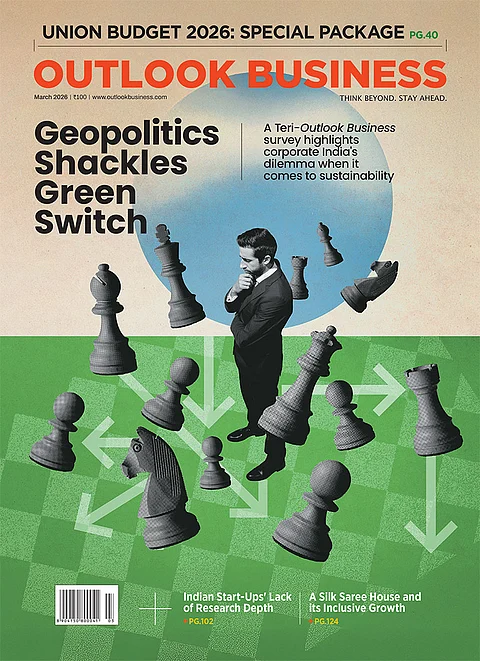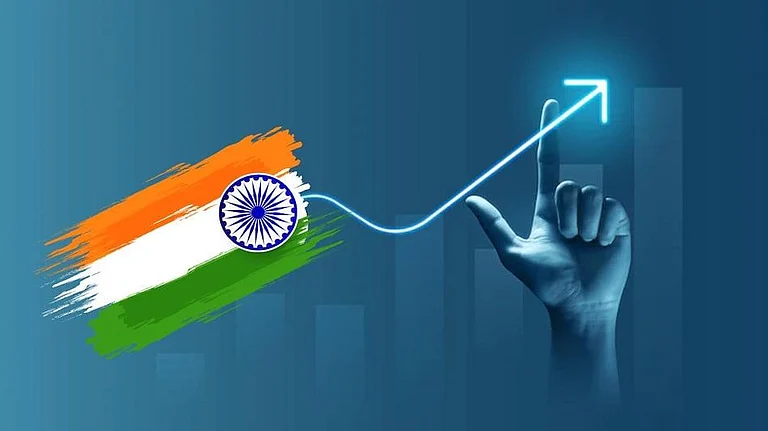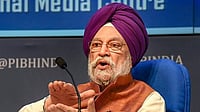Indian economy is expected to continue being the fastest-growing among major economies in the years ahead. However, many independent economists and policy experts surveyed by Reuters are skeptical if this growth will reduce the sharp economic inequality present in the nation.
Even with the impressive economic growth figure of over 8 per cent and a booming stock market, the country still has to provide free food grains to over 800 million of its 1.4 billion citizens.
Prime Minister Narendra Modi, who has just started his third consecutive term but lost a major majority in this year's election, has chosen to keep most of the ministers from his previous term.
The BJP government made sweeping victories in 2014 and 2019 on the promises of development and economic reforms. This year's average electoral performance was largely attributed to rising economic inequality, which is currently at its highest level in decades and high youth unemployment.
In a Reuters poll conducted from May 15 to June 18, nearly 85 per cent of development economists and policy experts (43 out of 51) stated that they were not confident enough that economic inequality would showcase a declining trend in the coming five years. Among them, 21 had no confidence at all.
When asked to rate the quality of India's economic growth over the past decade, nearly 80 per cent of economists surveyed (42 out of 53) deemed it not inclusive, with 17 stating it was not inclusive at all. However, eight of them considered it fairly inclusive, as per the report.
While 60 per cent of respondents (32 out of 53) said that India would sustain or surpass its current robust GDP growth rate over the upcoming five years, the rest were doubtful about the same.
In FY24 the Indian economy grew by 8.2 per cent, with a 7.8 per cent growth figure recorded in the March quarter.































